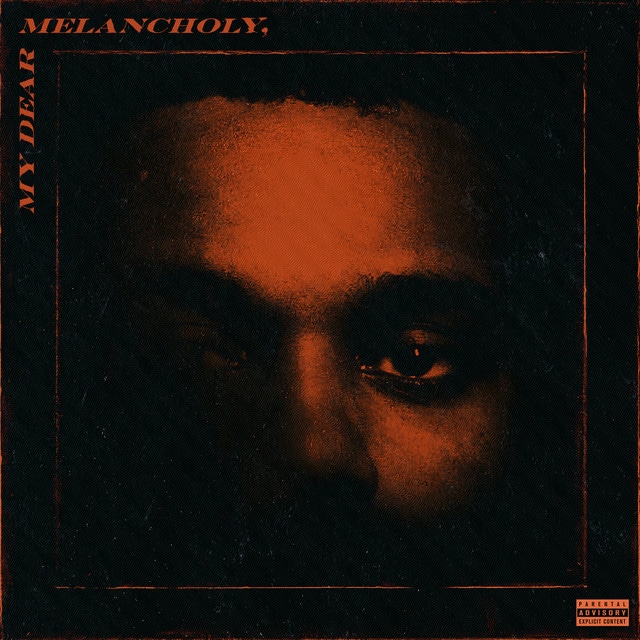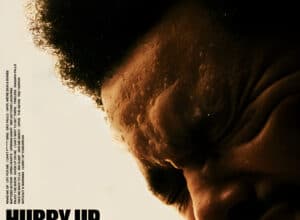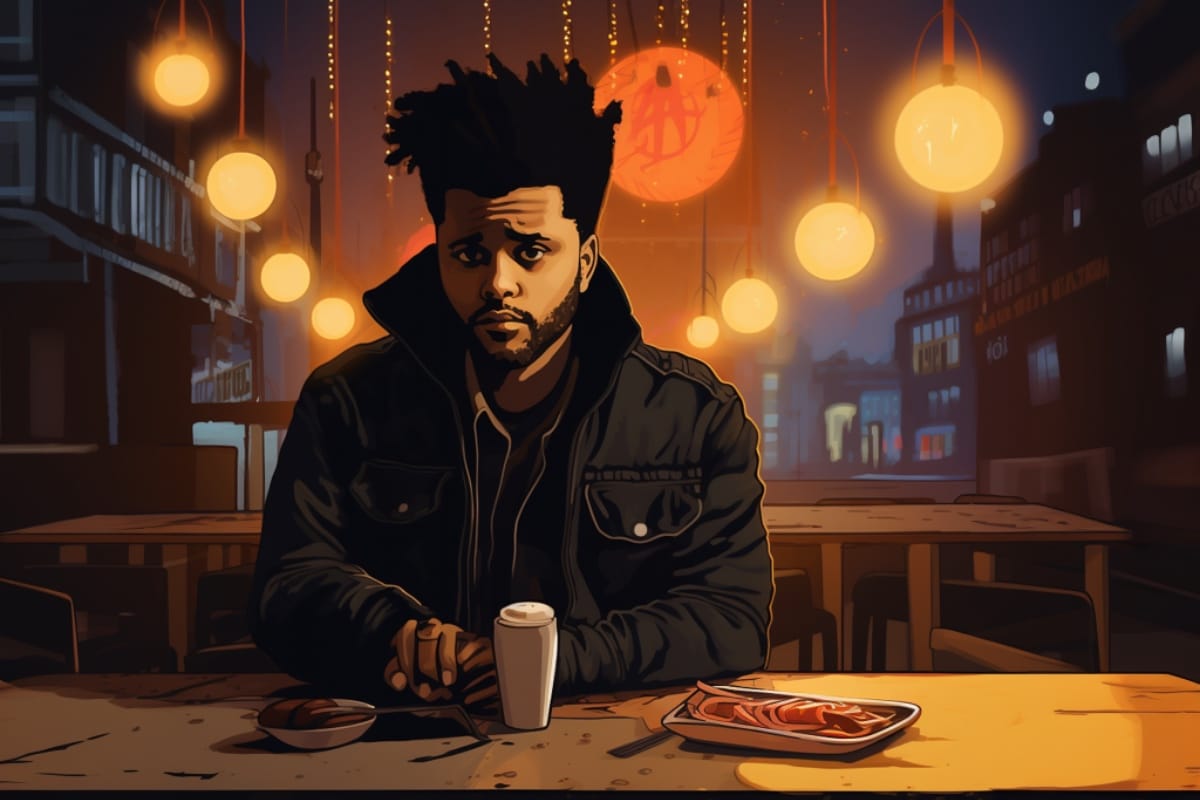Released: 2018 • Features: Gesaffelstein
“I Was Never There” by The Weeknd featuring Gesaffelstein strikes deeply into a man’s emotional turmoil, exploring themes of heartbreak, depression, and self-destruction. The lyrics paint a raw and haunting picture of an individual struggling with his emotional pain and trying to numb it through indulgence in mindless sex and toxic relationships.
Starting with the lines, “What makes a grown man wanna cry? (Cry, cry, cry, cry)/ What makes him wanna take his life? Oh, oh, yeah (yeah)”, The Weeknd sets the tone of the song by introducing the internal struggle of the protagonist. These lines aren’t just about mental distress, they’re an exploration of the societal norm that men shouldn’t openly display their emotional pain.
The lines, “His happiness is never real (real, real, real, real)/And mindless sex is how he feels, he heals,” informs us about how the protagonist seeks solace. He’s caught in a cycle of momentary pleasure and emotional voids, using sex as a coping mechanism, a toxic form of self-medication.

The chorus, “When it’s time, when it’s time, when it’s time/It won’t matter (it won’t matter, babe), it won’t matter (oh)/It was like he was never there (like he was never there)/It was like he was gone in thin air (oh)”, indicates the protagonist’s sense of invisibility and despair. He seems to be contemplating his mortality — a common theme in tracks by The Weeknd — with a bleak view that his existence or absence won’t cause any shift in the universe.
The repetitive “When it’s time, when it’s time, when it’s time/It won’t matter, it won’t matter” reinforces the notion of time’s indifference to individual suffering, a harsh reminder of the protagonist’s insignificance in the grand scheme of life.
“Ooh, now I know what love is/And I know it ain’t you for sure/You’d rather something toxic/So, I poison myself again, again/’Til I feel nothing” gives us insight into the protagonist’s failed attempts at love. The Weeknd is suggesting that an unhealthy relationship has led to self-destructive behavior.
With the lyrics “I’m on the edge of something breaking/I feel my mind is slowly fading/If I keep going, I won’t make it/If I keep going, I won’t make it”, The Weeknd opens up about the risk of succumbing to his destructive behaviors. Acknowledging that he is on the edge, he paints a vivid picture of a man grappling with his inner demons.
“And it’s all because of you/It’s all because of you” The Weeknd lays the blame on someone else, maybe a past lover or anyone who contributed to his emotional turmoil. The blame game, typically, is a way of dealing with pain and avoiding accountability, adding another layer to the protagonist’s complex emotional state.
“Don’t you, baby? Hey (it won’t matter, it won’t matter)/It won’t matter, baby”, here we see an echo from the chorus. The protagonist seems to be communicating his deep despair to the person who inflicted the pain, saying that in the end, it won’t really matter – a melancholic acceptance of his situation.
In conclusion, “I Was Never There” by Gesaffelstein and The Weeknd is a poignant dive into the abyss of emotional distress and self-destruction. Deeply immersed in reflective melancholy, it’s a sombre critique of societal norms around emotional expression, toxic coping mechanisms, and the consequences of failed relationships. A dark jewel in the crown of hip-hop, this song takes us on a heartbreaking journey through the lows of emotional wellbeing in a gripping and raw narrative.








